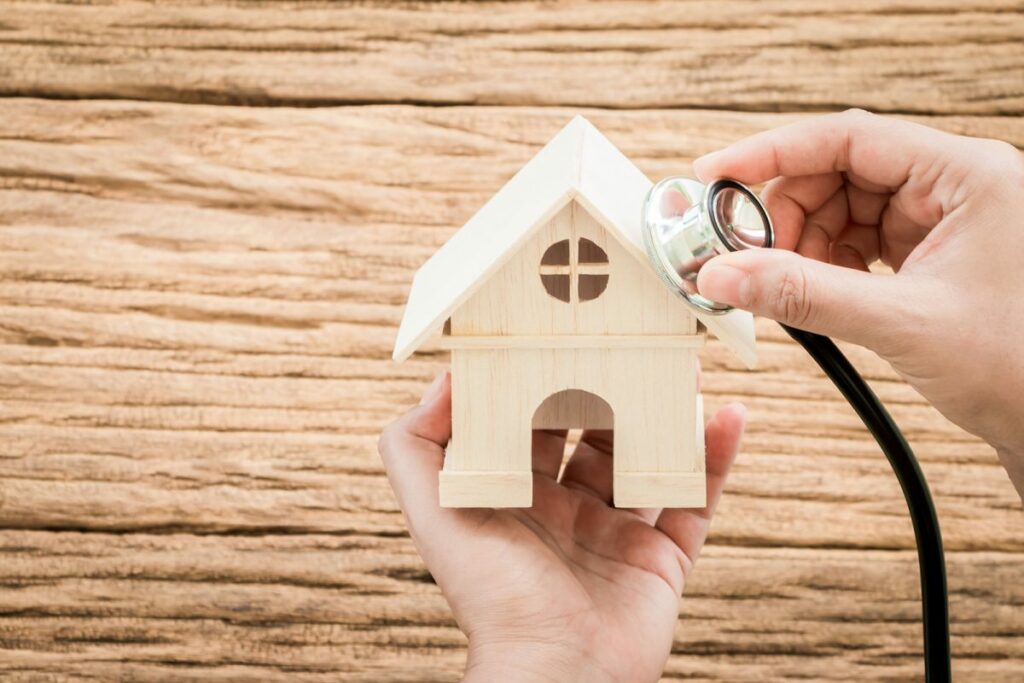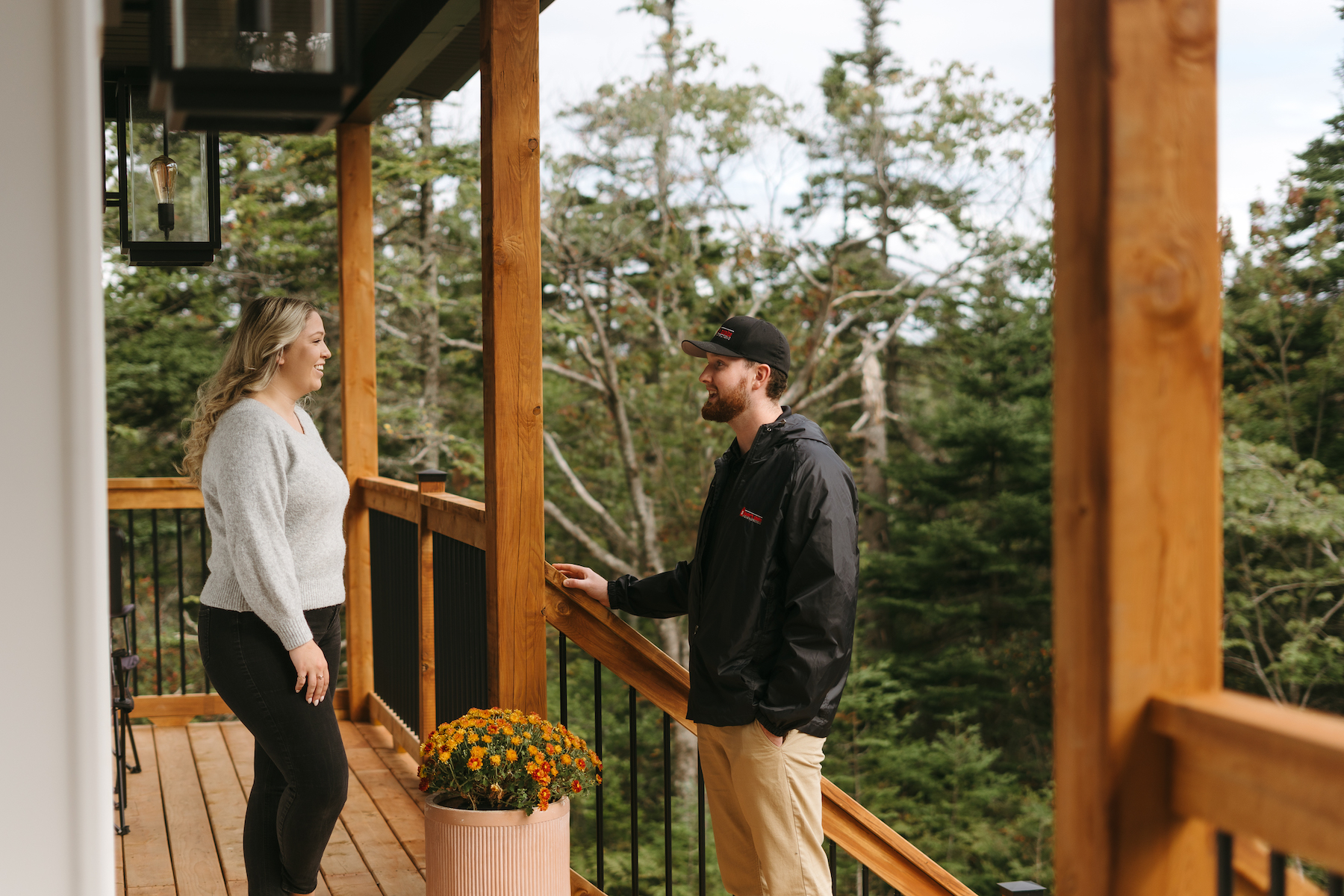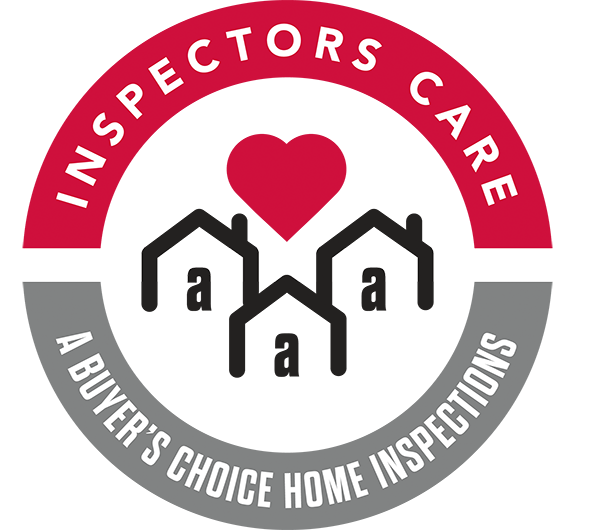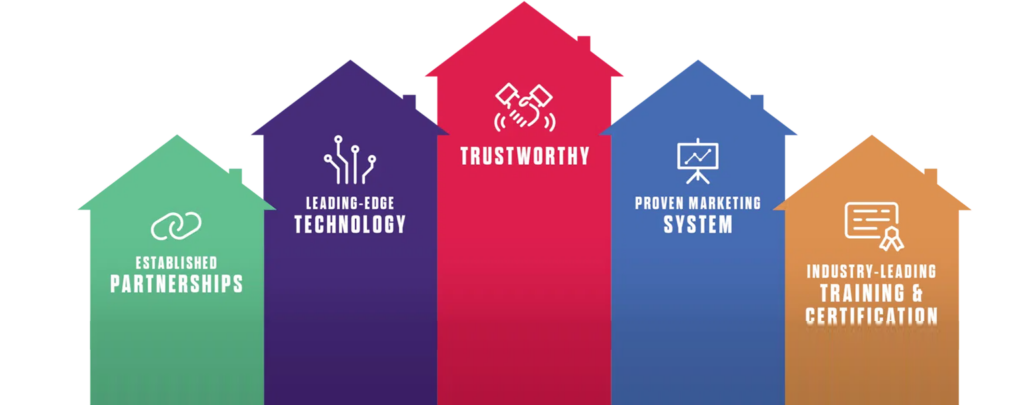Buying a home is a big deal both financially and from a commitment standpoint – whether it’s your very first or your fifth property – so it makes sense to protect your investment.
Once you’ve fallen in love with a home, it’s especially difficult to keep an open mind to ensure everything’s structurally sound and your hard-earned money will be put to good use. After all, to an untrained eye, staging can cover up a lot of deficiencies and shortcomings within a property.
By investing an average of $500 for a 2,000-square-foot home to be professionally inspected (including infrared/thermal imaging to uncover what the naked eye can’t see), you’re ensuring that big-ticket issues don’t occur down the road that can cost you dearly.
What does a home inspection include?
All home inspections should disclose the condition of the structure, foundation, plumbing and electrical systems, windows and roofing.
An inspector will alert you to caution areas based on the age of the house as well as specific characteristics, note previous renovations and specify issues that must be addressed immediately versus ones that can be remedied in future.
Following is a list of what you can expect your home inspector to review during a typical inspection:
- Structural components (roof, foundation, walls, floors, ceilings, attic checked for water leakage or condensation)
- Exterior faults (inspection may reveal deteriorated stair treads, settlement cracks or areas where additional caulking is needed)
- Roofing (examined for loose shingles or tiles, gutter debris, skylights and chimneys checked for proper sealants)
- Plumbing (piping, drains, vents and waste systems, tested for leakage, mineral deposits, fitting issues or bacteria)
- Electrical (tested for fit as well as safe and efficient operation; smoke and carbon monoxide detectors noted)
- Heating/air conditioning (verified in working order, no corrosion on pipes, chimneys sound and clear of debris such as animal nests)
- Insulation/ventilation (attic crawl space insulation, vapour retarders, venting fans, under floor insulation examined for deterioration)
- Interior/built-in appliances (doors, floors, stairways, counters, cabinetry and windows, noting any items not functioning properly)
Special considerations
We also offer additional specialty services that are not part of a standard inspection, such as Wood Energy Technical Transfer (WETT) inspection for wood-burning systems, radon testing and water testing, to name a few, which vary in cost by region.
It’s important to note that buying new doesn’t mean you should forego a home inspection. Your inspector will examine your new house to ensure your builder got everything right and you can move into your dream home with added peace of mind.
The same holds true if you’re buying a home that’s just a few years old. Issues can turn up with any home regardless of age and the builder’s reputation. There are multiple trades involved in the construction process, including contractors. Like any profession, workers can range from highly professional to completely unreliable. And, in many cases, you won’t know the difference until an experienced home inspector scrutinizes your property.
Find an Inspector near you: https://abuyerschoice.com/locations










